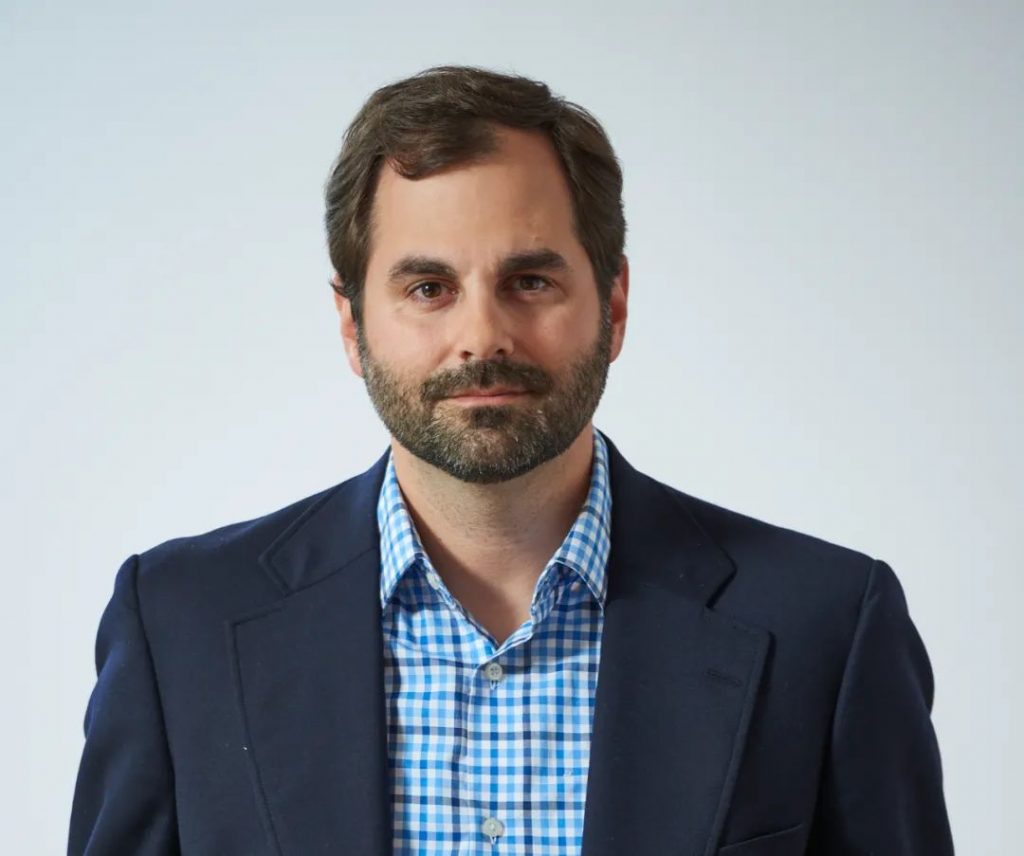内容来源:OpenScience
Michael C. Frank (Stanford),the ManyBabies Project
发展心理学在开放科学运动中的脚步似乎一直落后于心理学其他领域。然而,小样本、事后检验——这些不利于产出“可重复性结果”的操作——却在发展心理学研究中非常普遍。重要的原因之一可能是研究资源的有限性(必须有长达几小时的实验室和家庭观测)和实效性(必须在婴儿3个月大的时候进行测量)。那么,发展心理学研究者能够如何提高研究结果的可重复性?如何更积极地参与到开放科学运动中?
在本期的OpenTalks中,我们邀请到了斯坦福大学的Michael C. Frank博士,以ManyBabies Project(一个大型国际合作的可重复性项目)为例,为我们介绍他在婴儿早期发展方面的工作。
报告信息
题目:Issues of reproducibility and replicability in developmental science: Insights from the ManyBabies Project
报告语言:英文
报告人:Michael C. Frank (Stanford University)

Michael C. Frank is David and Lucile Packard Professor of Human Biology at Stanford University and Director of the Symbolic Systems Program. He received his PhD from MIT in Brain and Cognitive Sciencesin 2010. He studies language use and language learning, focusing especially onearly word learning. He is the founder of the ManyBabies Consortium, a collaborative replication network for infancy research, and has led open-dataprojects including Wordbank and MetaLab. He was a Jacobs Foundation Fellow and has received the Troland Award from the National Academy of Sciences, the FABBS Early Career Impact Award, and the Marr Prize and Glushko Dissertation Prize from the Cognitive Science Society. He served as Chair of the Governing Board of the Cognitive Science Society and has edited for journals including Cognition and Child Development.
摘要:In recent years, many psychologists have become increasingly concerned about issues of reproducibility and replicability. From small sample sizes to post-hoc analytic flexibility(“p-hacking”), many factors conspire to decrease the robustness and trustworthiness of results in published research. These problems are importantin developmental psychology as well, though the scope of the problem is unknown. I’ll present some scientific and meta-scientific work I’ve done on these issues (including progress on the ManyBabies project, a large collaborative replication project in the infancy field) and describe some practical steps to take for increasing the robustness of your own work.
时间
北京时间[GMT+8] 12月7日(周二) 13:30
欧洲中部时间[CEST] 12月7日(周二) 06:30
美国东部时间[EDT] 12月7日(周二) 00:30
美国太平洋时间[PDT] 12月6日(周一) 21:30
zoom信息:Meeting ID: 913 940 10836
报告流程:报告40分钟,提问20分钟
主持人:高梦宇(犹他大学,美国)
其它:本次线上报告录屏会在结束后上传于B站:COSN_liv
https://space.bilibili.com/252509184
封面图片来自ManyBabies官网:https://manybabies.github.io/
组织团队(按名字首字母倒序排列)
OpenScience学术策划小组
张磊 (博士), University of Vienna, Austria
张晗(博士), A*STAR, Singapore
楊毓芳(博士), Freie Universität Berlin, Germany
杨金骉, MPI Psycholinguistics, the Netherlands
王鑫迪(博士), 北京慧脑云
王庆(博士), Montreal Neurological Institute, Canada
金海洋(博士), New York University Abu Dhabi, UAE
胡传鹏(博士), 南京师范大学
耿海洋(博士), 香港大学
金淑娴, Vrije Universiteit Amsterdam, the Netherlands
葛鉴桥 (博士), 北京大学
高梦宇(博士), University of Utah, USA
NeuroChat团队
张文昊(University of Chicago, USA)
张洳源(上海交通大学)
张磊(University of Vienna, AUT)
应浩江(苏州大学)
徐婷(Child Mind Institute, USA)
王鑫迪(北京慧脑云)
滕相斌(MPI for Human Development, DEU)
鲁彬(中国科学院心理研究所)
孔祥祯(浙江大学)
胡传鹏(南京师范大学)
邸新(New Jersey Institute of Technology, USA)